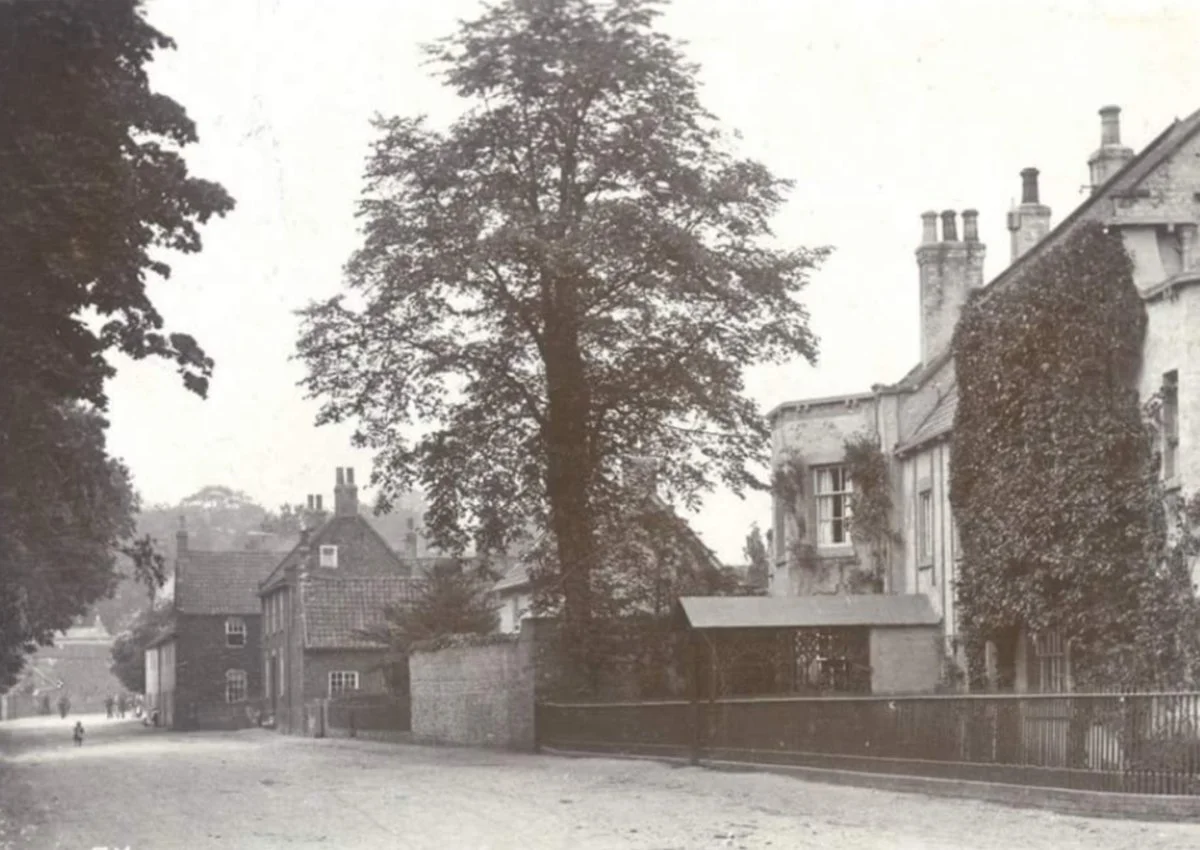Our History
Welton: A Historic Village
The village of Welton, part of the parish of Welton, Melton, and Wauldby, boasts a rich history stretching back over 1,000 years, with its origins noted in the Domesday Book. Nestled at the foot of the southern Yorkshire Wolds and extending to the Humber Estuary, Welton is located approximately ten miles west of Kingston-upon-Hull and five miles west of the Humber Bridge, conveniently situated off the A63/M62 near Brough.
Welton is a picturesque village, characterised by its charming village green, pond, and the historic St. Helen's Church, which dates back to the late 11th century. The church underwent restoration in the late 19th century by the renowned Gothic Revival architect, Sir George Gilbert Scott. The area also holds remnants of Roman villas and old gravel quarries, now forming Welton Waters, a popular spot for birdwatchers, sailors, and anglers. The village is also a favoured base for walkers, with the Wolds Way long-distance footpath passing through it.
The Welton Memorial Hall: From Doctor's House to Community Hub
The Welton Memorial Hall is centred around a Georgian house that originally served as the local Doctor's House. It was later acquired by the prominent local landowners, the Broadley (later Broadley-Harrison, then Harrison-Broadley) family, who used it as their Estate Manager's residence. In the late 19th century, the estate significantly expanded the property by adding a 5,000 sq ft hall with a full-size stage, intended as an amenity for the estate workers.
Acquisition and Early Years
In 1948, the villagers collectively purchased the Hall. With surplus funds raised for the war effort, the community sought to create a lasting memorial for those who had died, leading to its renaming as the Welton Memorial Hall. The purchase was finalised on September 6, 1948, by Harry Evison, Henry Kilvington, and Tommy Moore, acting as Trustees of the Welton Welfare Society, a registered charity at the time.
To ensure a steady income for the Hall's maintenance, a liquor licence was obtained in 1949, leading to the establishment of the Welton Memorial Club. Initially closely intertwined with the Hall, the Club eventually evolved into a private members' club, partly due to licensing requirements. The Club continues to operate today, leasing a portion of the site from the Hall Trustees, and became a company limited by guarantee in 2019. Further historical insights into the Hall and Club can be found in the writings of the late Ray Parker and his brother David, who has extensively researched the village's history.
Constitutional Changes and Refurbishment
In 1985, to clarify the arrangements between the Hall and the Club, the Hall adopted a new constitution and re-registered with the Charity Commission as Charity 500394. At this time, a formal lease was agreed upon with the Club. The charity's objective was defined as:
"The provision and maintenance of a village hall for the benefit of the inhabitants of the parish of Welton without distinction of political, religious or other opinions, including use for meetings, lectures and classes and for other forms of recreation and leisure time occupation, with the object of improving the conditions of life for the said inhabitants."
By 2017, the Hall Trustees recognised the need for significant refurbishment and a new constitutional framework. They decided to transition to a Charitable Incorporated Organisation (CIO), which was established as Charity 1180894, retaining the original charitable objectives. On February 29, 2020, all assets, liabilities, and obligations of the old charity were transferred to the new CIO.
Modernisation and Improvements
The Trustees faced challenges in refurbishing the Hall due to its Grade II listed building status and the site's relatively steep slope, which impacted the cost and feasibility of alterations. Despite these hurdles, substantial grants were secured from various sources, including:
FCC Communities Foundation (through Landfill Communities Fund)
ACRE Village Halls Improvement Grant
Welton Parish Council
The Bernard Sunley Foundation
Hull & East Riding Charitable Trust
Donations from local individuals and organisations
These vital contributions enabled significant improvements, transforming the Hall into a more modern and accessible facility:
New Annexe: An annexe was constructed in the rear car park, providing new toilets (including baby changing facilities) and step-free access to the Main Hall.
Dedicated Kitchen: The previous kitchen area was replaced with a dedicated kitchen, freeing up space in the Main Hall and offering direct access.
Eco-Friendly Heating: Old, noisy gas-fired boilers and radiators were replaced with new eco-friendly air-source heat pump units run by electricity partly generated by our own solar panels with battery storage.
Improved Lighting: Fluorescent lighting was upgraded to dimmer-controlled LED lights, enhancing illumination for various events.
Blackout Blinds: Old curtains were replaced with modern blackout blinds.
Car Park Upgrades: The car park was resurfaced and new LED lighting was installed for users.
Enhanced Meeting Room: The space behind the stage was rearranged to create a more effective Meeting Room.
Acoustic Improvements: Wool-based 'clouds' and a new focussed sound system were installed to dampen reverberation in the Hall.
Technology Upgrades: Wifi, an electric screen, and an integrated sound system including PA were installed.
Around the same time, the Trustees also agreed to rent a portion of the premises to a villager to operate a small takeaway café, further enhancing the Hall's role as a community hub.










